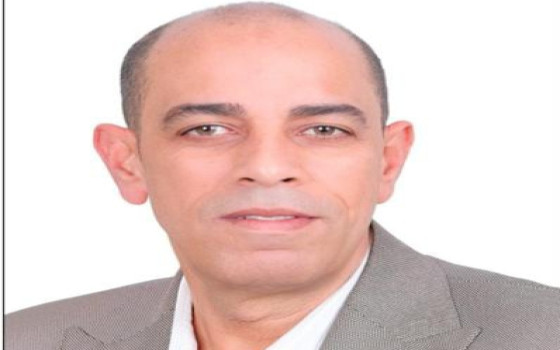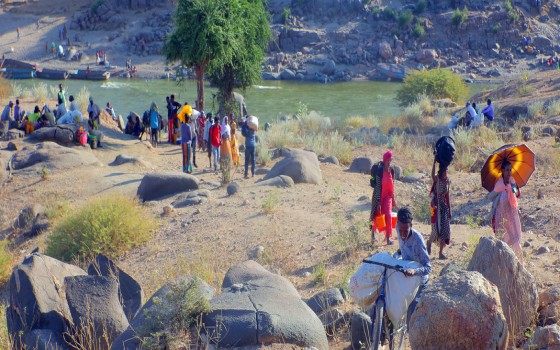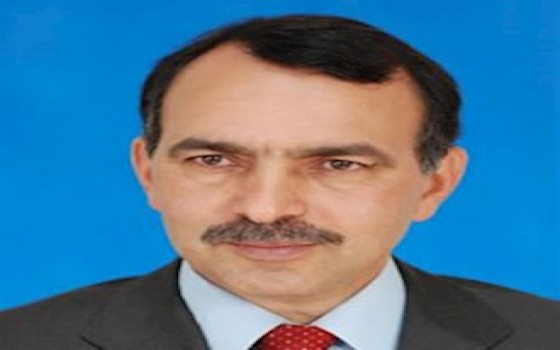
Development in 2025 amidst global tensions.. Prepared by Dr. Abdel Moneim Sedky, Professor at the Agricultural Research Center, Egypt

- Europe and Arabs
- Thursday , 24 April 2025 8:43 AM GMT
The world faces numerous crises in 2025 that require urgent action. The year will bring pivotal opportunities for progress, such as the UN Climate Change Conference (COP 30) in Brazil, a global meeting on financing for development, and plans to implement the Charter for the Future. However, the road ahead is full of complex obstacles that will test global cooperation: dealing with the repercussions of ongoing wars, confronting changes in leadership in the United States and elsewhere, preparing for the unforeseen impact of global warming, addressing systemic inequalities, and addressing the need for UN reform.
In 2025, there are five key issues to watch: peace and security, financing for development, and investing in a sustainable future. Peace and security will continue in 2025, with the wars in Gaza, Sudan, and Ukraine, and recent developments in Syria, remaining central to global peace and security agendas. The UN will play a pivotal role at every turn, and the international community will need its support to ensure that any political transition is inclusive and comprehensive. Financing for development is another critical issue to monitor in 2025. Calls for reforming international finance have increased in 2024, and 2025 will be the real test of political will.
A new report from the World Bank Group highlights the need to accelerate development and sustainable economic growth to reduce economic losses and mitigate the deterioration in quality of life caused by climate change. The report, "Meeting the Challenge: Success Stories and Strategies for Climate Adaptation and Resilience," emphasizes the importance of improving the protection of individuals and communities through accelerated development and targeted adaptation measures. The report concludes that economic growth and climate resilience go hand in hand, with estimates indicating that a 10% increase in per capita GDP could reduce the number of the most vulnerable people by about 100 million. Therefore, improving incomes is critical, but countries must also implement a set of climate-smart policies to build people's resilience to climate change.
The report also emphasizes the importance of designing policies tailored to each country. Rich countries should prioritize developing their existing infrastructure, while low-income countries should have the opportunity to build this infrastructure sustainably from the start. The World Bank Group is strengthening people's preparedness for climate shocks by redoubling its efforts in food and agriculture, water, ecosystems and biodiversity, infrastructure, social safety nets, poverty eradication, and livelihoods.
The World Bank Group's climate work includes protecting more communities from climate risks, supporting countries in developing early warning systems, improving access to insurance for communities and businesses vulnerable to climate shocks, and building health systems to respond rapidly to crises. It also helps countries identify key climate risks and the solutions needed to protect vital development gains through its Country Climate and Development Reports, which cover more than 60 countries.












No Comments Found